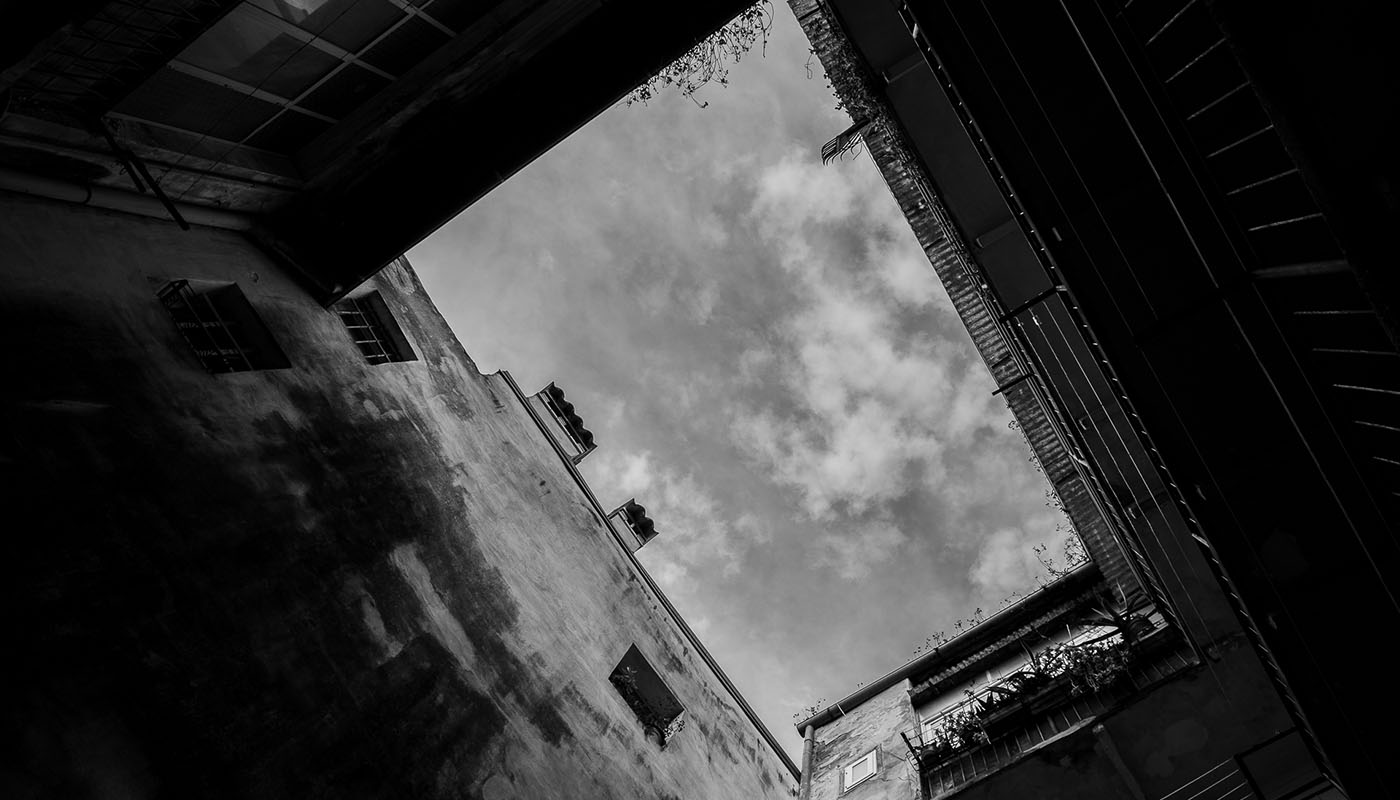by PETER ABRAMI
Eight January. 2025. There is a month to go. The rain seems to ask me to choose. He seems to ask me: “Are you Italian? Are you Slovenian? What are you?”. It is as if by falling he is trying to erode a unitary, different, third identity. In the last two years I have lived in Bologna for study reasons, finding myself confronted with girls and boys from all over the peninsula. “But where are you from? Where are you from?”. It is surprising (maybe it is only for me…) how by leaving one’s own garden one manages, because one is forced to do so, to see it for what it is: a garden. So I found myself having to explain to the REGAZ my life on the border. Explain that at home we speak two languages, that I attended schools with the Slovenian language of instruction but with an Italian ministerial program and that when the Azzurri play it is not certain that we cheer for them. The questions came: some interesting, others trivial, others sharp, uncomfortable. After all, things are always uncomfortable for those who choose not to see them as simple.
Simple. I don’t think our history is, despite the attempts to make it so. I don’t think you can take the victims of one side and the other and unite them in a single sign on a tree-lined avenue, as a sort of mathematical equation. If we were in the magical world of Harry Potter, where portraits speak, who knows if Milojka and Norma would talk to each other or if they would turn their backs to each other, distant, distrustful. As if divided by a border.
And these cities of ours? Do they talk to each other or do they turn their backs on each other? Are they united or separate? While writing, I come across a book from 2004 entitled Goriziani&Novogoričani (someone will remember it, perhaps…), a collection of thoughts of ordinary people on both sides of the border on the “collapse of the border” on the occasion of Slovenia’s entry into the EU. Twenty years later, from a GO25 perspective, it is curious to hear, talking to people (but also reading comments on various social networks, the world has changed…) still the exact same opinions, whether they are confident, pessimistic, skeptical, enthusiastic, careless, dreamy… It’s as if you could take the book, update the cover, resell it with those same thoughts and this would still be extraordinarily current.
Today, as twenty years ago, borderless. Are we really? Of course, if one looks at what for some is Piazza Transalpina and for others Trg Evrope (at the moment a construction site, but let’s give it time…) one can also think of it: an open, free, smooth space (to say it with Deleuze). It is the “European” border, the one where in the spring a friend who came to visit me from Tuscany was able to have the usual photo taken with one foot on one side and one on the other, almost becoming a border itself, overcoming it, canceling it, mistress of the border. But just a few steps from Piazza Transalpina, the crossing of Via San Gabriele already looks like a more ” old manner”. For orders from Rome, we can often see a police car guarding the passage. However, this is only a reminder of the real great “state” border of the city, that of Casa Rossa, home of the Immigration Office, where people, subjects, bodies pass daily for which the border does exist. Not to mention the fact that only a few years ago, for reasons related to a pandemic emergency, the transition from one side to the other was prevented (or, at least, severely limited), taking us back to an era that I, personally, had never lived in and reminding us how certain efforts and initiatives rise with extreme calm but turn into crystal vases when things take another turn.
The issue is, therefore, really complex. But complexity is not (or should not be) dust to be swept under the carpet or vacuumed with an electric broom. It can be seen more as a kind of stone to be broken to reveal the individual pieces and understand its nature. It is not enough to say to oneself Borderless to be so. The border will continue to exist in one way or another, material or immaterial, if we flee from uncomfortable issues.
At the moment, the rain continues to fall, the clock is ticking.

